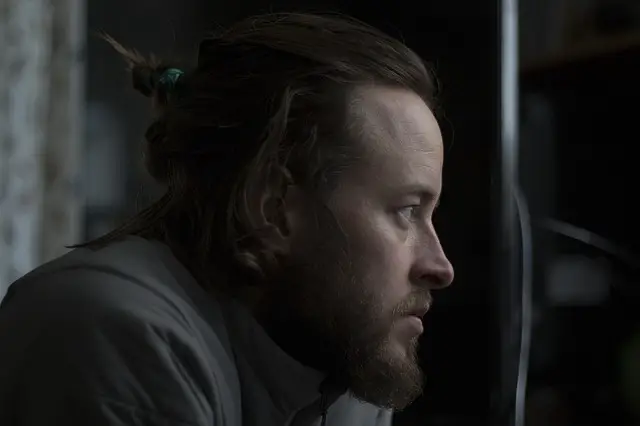“On 1 July 1941, the Ustasha, led by Maks Luburić, savagely tortured and killed women, children and older inhabitants in Donja Suvaja. We are erecting this monument on the 80th anniversary, in memory of their lives and horrific moment od death, but with faith in the idea of man’s victory over hate,” it says on the monument alongside the names of 290 victims.
According to an SNV statement, the crime in Donja Suvaja was one of the first mass crimes against women and children committed by the Ustasha, followed by a campaign of cleansing the Lika region, which resulted in an uprising of the people of Lika.
Pupovac said most of the 290 victims were women and children, while the rest were infirm and old. He said the crime took “only two hours” and that Luburić “decided to go a step further” by killing the victims “in the worst possible way, by slaughter and massacre.”
“From 29 June 1941 until the beginning of July, all the worst methods were applied here, all the worst procedures seen in war, persecutions and forced resettlement,” he added.
Pupovac said Lika also had been the site of the first Ustasha death camp, Jadovno, “which claimed dozens of thousands of lives in less than two months of operation.”
“This was not a death factory as with some other peoples in World War II. Donja Suvaja was a horrible hate crime, a crime of extermination.”
Pupovac reiterated that the Ustasha salute “For the homeland ready” was the “most shameful salute in Croatian history and the most shameful expression of the Croatian people’s striving for its freedom,” adding that it “was not, nor could in be, nor is anything else but a symbol of hate and crime.”
He commended the state leadership’s decision to “dedicate more attention to antifascism (this year), as never before, which we could see at Brezovica, where the first Partizan detachment came together.”
“Everyone must realise that the blood and meat of that movement, said to have been the largest in Europe, was right here. The souls of these women, children and older people, and of those who since that moment never gave up, from 27 July, until the area of freedom had spread across the whole country at that time, including Croatia, are our anti-fascism,” said Pupovac.
He called out “the high-ranking Croatian officials who, at recent commemorations, have been pardoning the crimes and criminals in this last war, just because they are our boys.” He called on them not to downplay crimes because “that insults all of us who remember as citizens of this country.”
The memorial in Donja Suvaja was erected as part of the SNV’s culture of remembrance programme with funds from the government’s office of human and national minority rights.
For more on politics in Croatia, follow TCN’s dedicated politics page.









